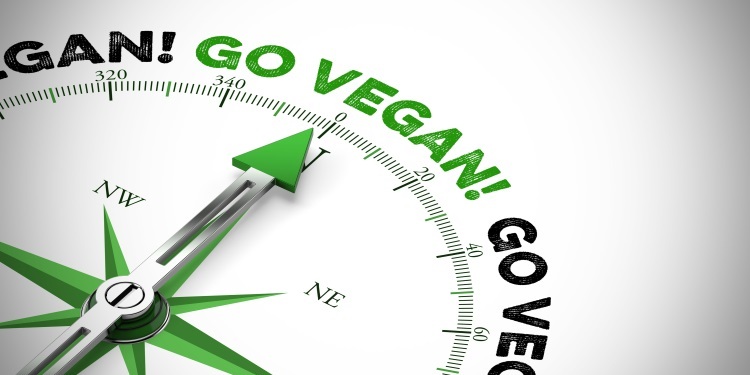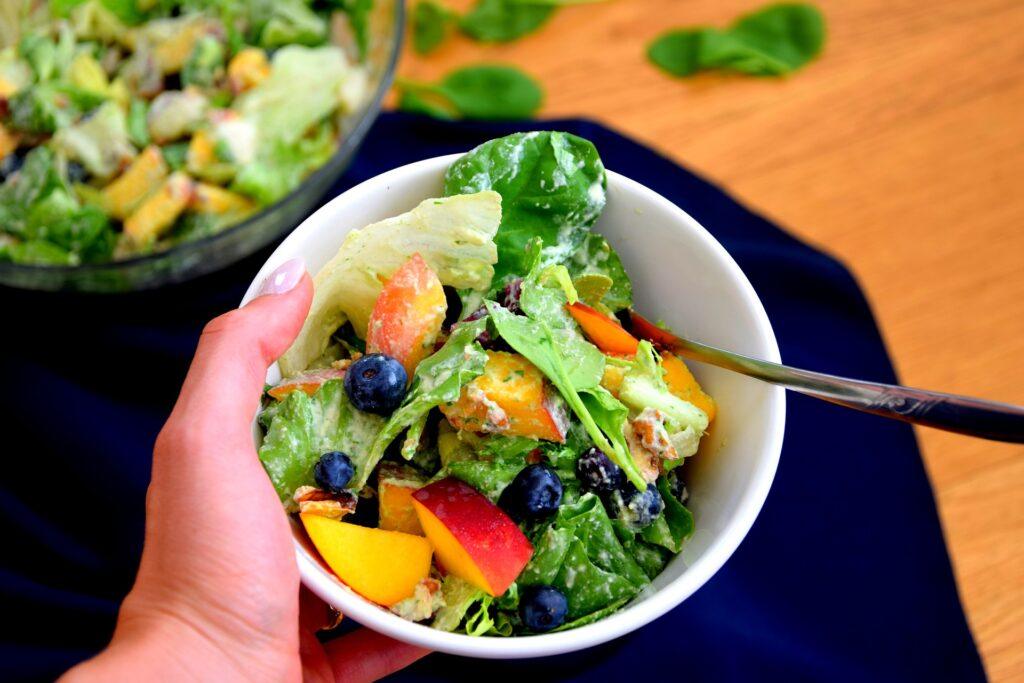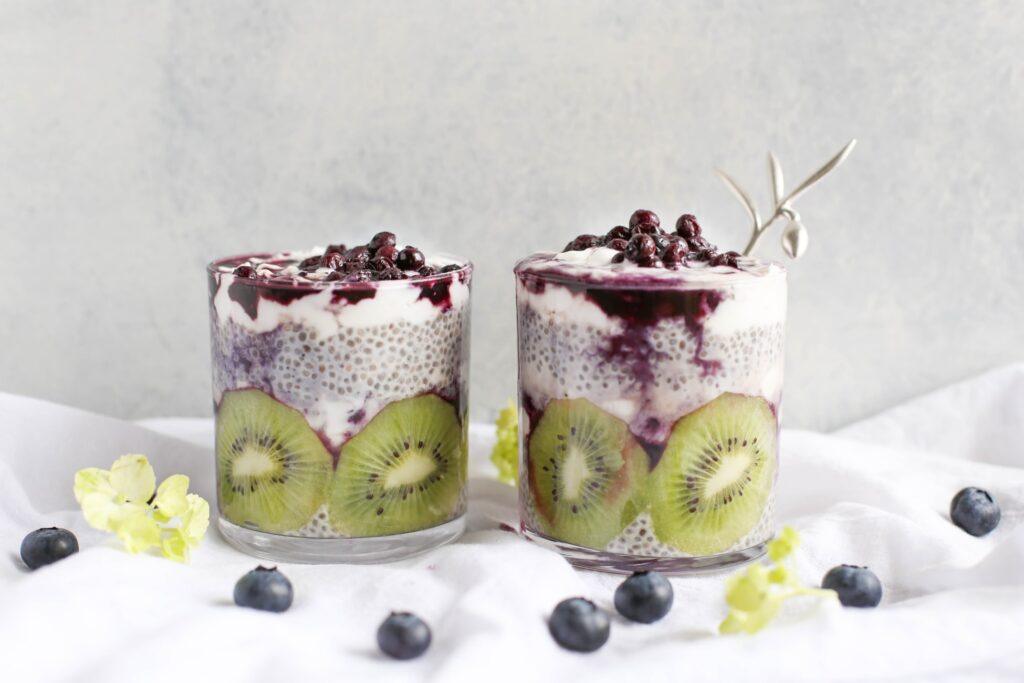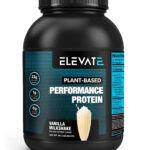There was a point in time not so long ago when people would hear the term “vegan” and not understand what the speaker was saying. For many Americans, removing meat from their diet is bad enough, but to remove fish, milk, cheese, eggs and all other things animal? That’s a bit much. At least, that was the thought a few years ago. Today, however, it seems like the vegan diet trend has actually taken off, leaving parents of teenagers and young adults everywhere wondering: is this diet just a fad, or is it here to stay?
Veganism: A Movement Headed by Millennials
According to The Guardian, 150,000 people in the UK claimed to be vegan in 2006. A survey conducted ten years later revealed that that number increased as much as 350 percent, to 542,000 individuals. Of the individuals who replied to the survey, 67 percent were under the age of 34, and a whopping one sixth were teenagers. These numbers indicate that veganism is generational, and quite possibly a new way of life. However, that doesn’t mean that middle-aged adults and elderly people aren’t on board with the vegan diet too. Recent studies suggest that 36 percent of U.S. consumers prefer milk alternatives and meat substitutes over the real deals, and while that doesn’t make them wholly vegan, it indicates gravitation in that direction.
In it For the Health Benefits
While many people still cite animal welfare as their reason for removing all animal products from their food, additional studies suggest that people simply enjoy the health benefits of an animal-free diet. In fact, as of this year, the percentage of people in it for the health benefits surpassed that of those in it for animal welfare. According to Food Navigator—USA, 35 percent of consumers associate vegan foods with healthy foods, while only 23 percent still associate vegan products with animal welfare. 13 percent connect the vegan diet trend to cleaner ingredients, 12 percent connect it to weight-loss and 11 percent connect it to environmental responsibility.
Juliet Gellatley, director of the vegan and vegetarian group Viva, suggests to BBC that one common reason people might turn to an animal-free diet is heart health. Animal fats account for 13 to 15 percent of the U.S.’s cholesterol raising fats, which contribute to heart disease, hypertension, and various cancers. Gellatley states that those disposed to heart disease or high cholesterol might give the vegan diet a try, and why wouldn’t they? If cutting animal products from their diet can help them live longer, it might be worth the sacrifice.
The Rise of the Part Time Vegan
Though the numbers and cited health benefits are promising for full-time vegans, they don’t take into consideration the part-timers, of which there are many. Like the Atkins diet of the 70s or any of the many juicing crazes of recent years, people are committing to a vegan diet for a period of seven to 40 days. These temporary vegans are in it for any number of reasons, including withholding from indulgence and detox, and they may be just the people who are giving the vegan diet its prominence.
However, whether statistics cover full-time vegans or part-time vegans, or those simply in it for the health benefits, one thing is clear: the vegan diet trend is gaining momentum, and for the time being, it doesn’t look like it’s going anywhere.







